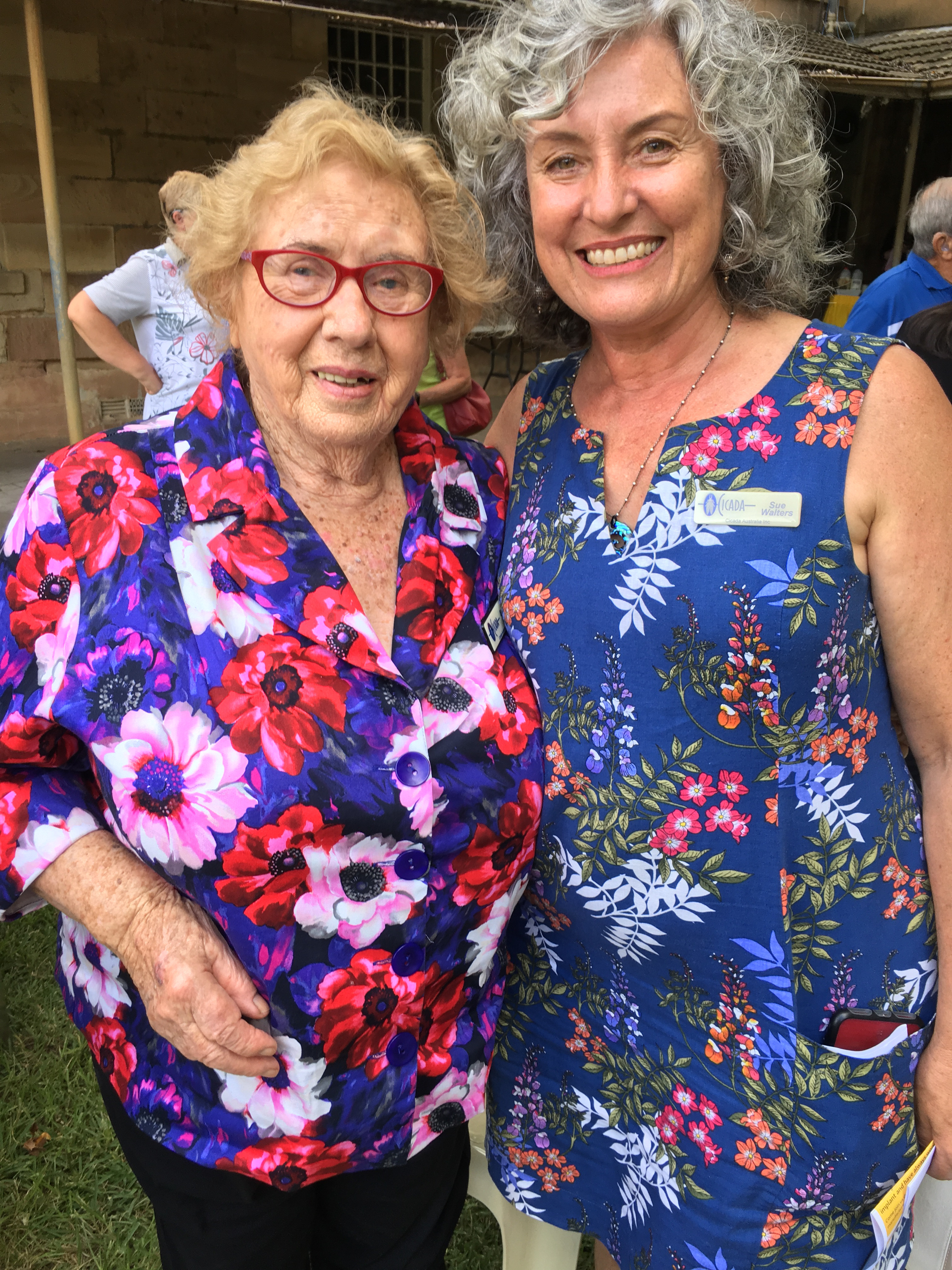33 Years of Happy Hearing
By Shirley Hanke
23 January 2019 was the 33rdanniversary of my first Cochlear implant. I still remember the “switch-on” eleven days later when I heard my first sounds for more than 47 years. It was a miracle, I was overwhelmed, it was noisy but wonderful!
I went deaf suddenly soon after my 11thbirthday in 1937 when I had a diphtheria injection. The following day when I was practicing my music lessons the piano sounded tinny. The following day the sound fluctuated. I woke up the next morning totally deaf. ENT doctors couldn’t help. The school doctor refused to give me the booster shot. Many years later I discovered a lot of British people had lost their hearing and some their sight as well from inoculations, the cause was an allergy to the vaccine.
Then the tinnitus started. How does an eleven year old cope with screeching sirens. There was no counselling in those days, no one explained what the head noises were. I just had to cope.
I learnt to lipread and had also speech lessons so fortunate I did not lose my voice. Stayed at the same school for 5 years though it was not easy being the only deaf child there! Went to a Business College and worked in Local Government. I had a happy life with many interests, married and had two sons who were never in trouble for being too noisy.
I first heard about the bionic ear was from the media. I became impatient with my deafness. I wanted to hear. After reading about the research at Melbourne University I wrote to Professor Graeme Clark, but was advised to wait by an ENT specialist. Two years later I received an unexpected letter from Professor Bill Gibson, who had taken the position of the head of the newly formed Dept. of Otolaryngology at Sydney University…My letter to Prof. Clark had been forwarded to him and if I was interested in a Cochlear implant to contact him for details and expectations.

That is how I became the third person in New South Wales to have a CI. The only problem was the length of time of my deafness – no one knew what the results would be.
The first two CIs in August 1984 were very successful and in 1985 Bill Gibson planned to do ten implants for research. Funds were short and these implantees had to pay nearly $10,000 for the device.
My 5 ½ hour operation was filmed. The cochlear was blocked with osteogenesis and the Prof. drilled through it. When the bandages were removed there was a large circular cut joined with 26 steel clips and ½ my hair was missing. My balance was very wonky for weeks. I was switched on 11 days after surgery.
Leaving Royal Prince Alfred Hospital I was amazed at the roar of the traffic in Missenden Road. It was deafening! Plastic bags that I found so soft had the most horrid cracking noise. I was experiencing forgotten sound and was constantly asking what did I just hear?
My hearing range improved gradually. I recognise many sounds and my speech is clearer and I experienced a marked improvement in lipreading. I still combine lipreading and hearing and with failing sight rely on my CIs even more.
It was exciting times.We didn’t give a thought that we were making history – we were the first deaf people in the world to hear. Our contributions to the CI program helped its development and thousands have benefitted from our efforts. It was reported worldwide by the media and television.
In 2004 I had my second implant. We didn’t know what to expect as this ear hadn’t been used for 67 years. One audiologist told me it would have been stimulated by the other ear and she was right. No problems from this two hour operation. I went home the following morning with a strip of sticking plaster covering the incision behind my ear.
The two CIs work well together and I could locate the sound.
Each new sound processor is an improvement. The first Nucleus (now Cochlear) was primitive using 2 x 3A batteries compared with the streamline model of today.
Also I give credit to my husband, Paul, who died suddenly in 2007. We had been married for 53 years. His tremendous support and patience was such a help.
March 2019
Shirley Hanke


